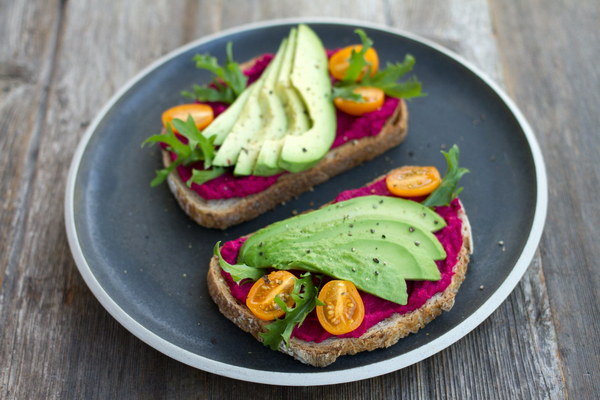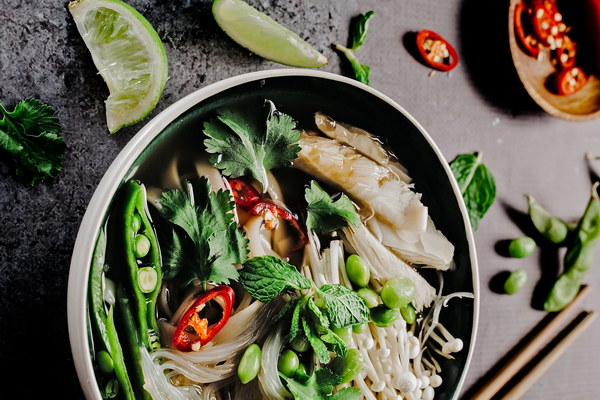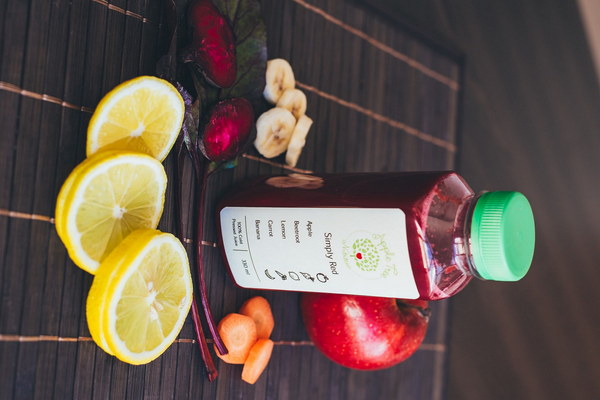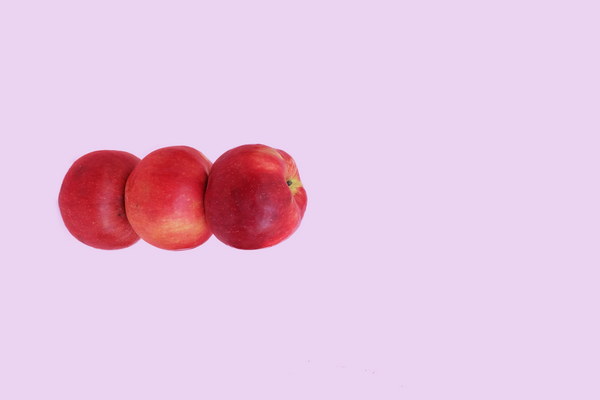The Stinky Dilemma Discovering the Unusual Odor in Traditional Chinese Medicine Chicken Dishes
In the realm of traditional Chinese medicine (TCM), food is not just sustenance but a powerful tool for healing. Among the myriad of TCM recipes, the Medicinal Chicken stands out as a popular and often cherished dish. However, there is a peculiar challenge that many a cook and eater must face: the odd and sometimes off-putting smell that can accompany this therapeutic meal. This article delves into the origins of the stench, its significance, and how it is perceived in the world of TCM.
The Unusual Scent: A Brief Explanation
Medicinal chicken is a concoction that combines chicken with various herbs and spices, all chosen for their supposed health benefits. The process of making this dish involves marinating the chicken in a mixture of TCM ingredients, which can include ginseng, goji berries, and other potent herbs. It is during this marination phase that the distinctive smell arises.
The odors that emanate from the dish are a result of the volatile compounds released by the herbs and spices. For instance, ginseng contains saponins, which can produce a pungent smell. Similarly, goji berries and other ingredients contribute to the complexity of the aroma. While this scent can be quite strong, it is a testament to the potent nature of the TCM ingredients at work.
Perception: A Matter of Taste and Tradition
The smell of medicinal chicken can be polarizing. Some find it a charming and integral part of the dish, an olfactory indicator of its healing properties. Others, however, are less enchanted and find the odor to be an acquired taste that requires time and patience to appreciate.
In traditional Chinese culture, the emphasis on the healing powers of food often overshadows the sensory aspects. The belief is that the health benefits outweigh any discomfort caused by the smell. As such, the peculiar aroma is often overlooked or accepted as a necessary evil in the pursuit of wellness.
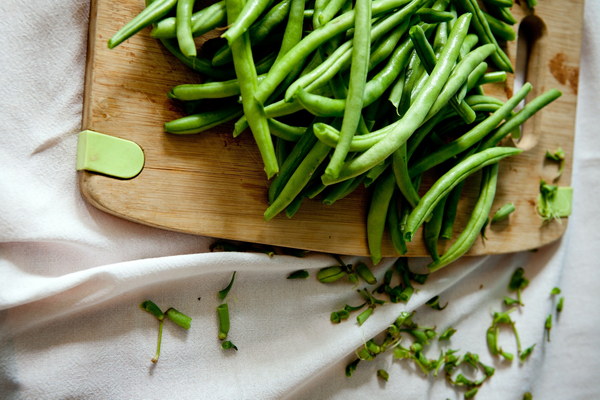
Understanding the Significance
The smell of medicinal chicken serves a purpose beyond mere olfactory satisfaction. The volatile compounds present in the herbs and spices are thought to have therapeutic effects on the body. When ingested, these compounds may enhance the absorption of the active ingredients in the chicken, thereby amplifying the health benefits.
Furthermore, the smell itself can be a psychological trigger. The anticipation of the therapeutic properties of the dish may lead to an enhanced sense of well-being and a more positive experience overall, even if the smell is less than pleasant.
How to Cope with the Stench
If you find the smell of medicinal chicken to be overpowering, there are a few strategies you can employ:
1. Ventilation: Cooking the dish in a well-ventilated area can help dissipate the strong odors.
2. Layering: Some cooks suggest layering the chicken and herbs in a steamer, allowing the steam to carry away the strongest scents.
3. Cooking Techniques: Adjusting the cooking time and temperature can sometimes reduce the intensity of the smell.
4. Masking: Adding other aromatic ingredients, such as garlic or ginger, can help mask the strong scent of the TCM herbs.
Conclusion
The stinky dilemma of medicinal chicken is a unique aspect of traditional Chinese medicine cuisine. While the smell can be off-putting to some, it is a testament to the rich tapestry of TCM and its belief in the healing power of food. Whether you embrace the odor or find it a challenge to overcome, the medicinal chicken remains a symbol of the deep-rooted connection between food and health in Chinese culture.


